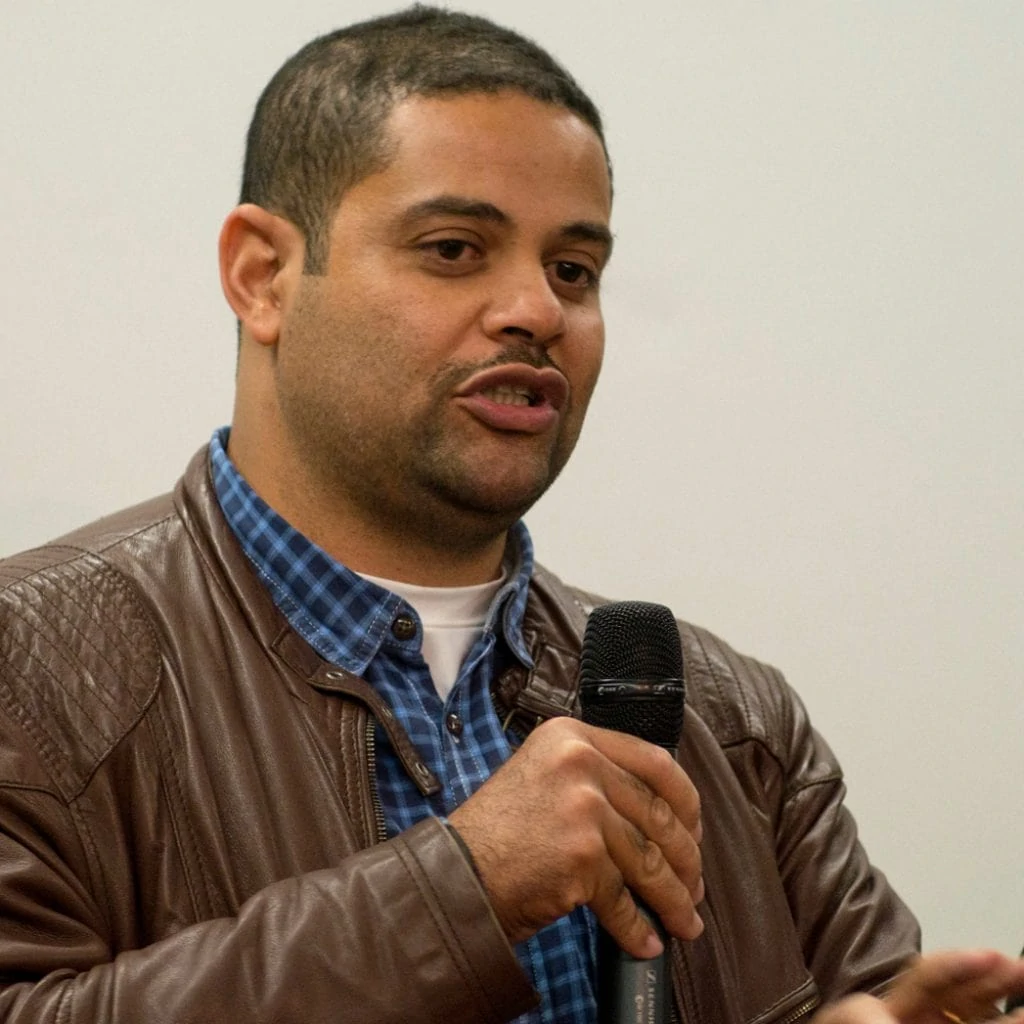In the context of the conference "Between War and Peace. Parties, Civil Society and Democratization in Mozambique" of the KoordinationsKreis Mosambik e.V. in Berlin I interviewed the freelance journalist Adérito Caldeira from Maputo about the current political situation.
Catherine Hollinger, Programme Coordinator Mozambique
Adérito Caldeira is a freelance journalist for the Mozambican newspaper @verdade (truth). @verdade is a print and online newspaper that has been published weekly since August 2008. According to its own estimates, the print edition reaches about 400 000 readers every week.
Catherine Hollinger: How do you assess the current situation in Mozambique?
Adérito Caldeira: It is highly delicate and fragile. The wars are still very local at the moment. There are no nationwide hostilities. Perhaps that is why the situation is perceived and described from the outside only as a conflict. But in the regions affected, we have to talk about war. People die or have to flee and lose their livelihood.
What are the political interests of the two parties Frelimo and Renamo in Mozambique?
Their primary interest is the claim to power. They want to stay or become a party in government. Once they are in power, this position is defended by all means.
All parties agree that they want peace. Nevertheless, war is on. Why can't there be peace?
I think an important aspect is that not only political power, but above all economic power has a great deal to do with peace. After the 1992 peace treaty, there was some formal integration of the Renamo into the military and police forces. Economically, however, it was never integrated.
How does this show?
This can be seen in the economic gap in Mozambique between the north and the south. The capital Maputo has become a rapidly growing economic engine in the hands of the Frelimo. This was mainly possible due to the exploitation of natural resources in the north and in the centre where the Renamo is strong. The Frelimo is thus enriching itself in the country's natural resources and the population of the north and the centre has nothing of it. So it is also about the preservation of economic interests and privileges. And they do that without compromise.
What are the objectives of the parties. Do they have a political programme?
No, not really. The Frelimo is mainly active before the elections. Otherwise, there's hardly any activity, no program. They hardly differ in their election programs either. In the end it's all about power and money. And right now, the Frelimo has everything under control: party, state, and the corporations. The Renamo is even more extreme only before the elections. It could turn popular support into votes. But that would require a certain understanding of democracy and that's hard to come by. The Renamo is impatient and does not pursue a long-term strategy.
A role in this situation could also be attributed to civil society. Can this be heard?
Basically, there is a civil society in Mozambique that can certainly be heard with critical voices. But in order to spread the concerns of civil society more widely, it would need financial resources. And it does not have them.
So what role can local Mozambican NGOs play?
The role is large and important. The NGOs can actively lobby the population, give them a voice. In other words, they can represent the people and demand changes. But there is always the question of the NGOs' agenda and where they are funded from. The people themselves should also be involved. But that does not happen.
Why don't the people bring themselves in?
The main problem is education. It's not just about school knowledge, a lot has happened there in recent years. It is about the fact that children do not learn to reflect and question. They can neither formulate, justify nor discuss their own opinions. They are not aware of their rights and therefore cannot demand them. But it is also about social memory. In Mozambique people are not very self-confident. Most people think: "Oh, why interfere? At best it only brings trouble.
How can international NGOs provide support? What should their role be?
The most important thing is certainly to work for the Mozambicans and not to pursue an agenda of their own. Finding out what is really needed and implementing it with local people, local know-how. It is important to be aware of the political challenges of local organizations. One should definitely try to strengthen the local structures and work together with locally important people. Because the so-called informal structures are firmly established and in some places stronger than the formal structures. There is modern versus traditional law. It is important that the traditional is included in the work.
A main target group in the work of terre des hommes schweiz is young people. How do they see the influence of the current situation on this age group in particular?
Above all, I think that the opportunities for young people, which are already limited in Mozambique in general, are diminishing even more. The conflict reduces job opportunities, because the conflicts lead to the closure of companies. This will probably also increase migration to neighbouring countries such as South Africa, Malawi or Zimbabwe. So here too it is important for NGOs to know the needs of young people and to respond to them.
If you are interested in further news and want to stay up to date, please visit our newsroom or order our newsletter.


